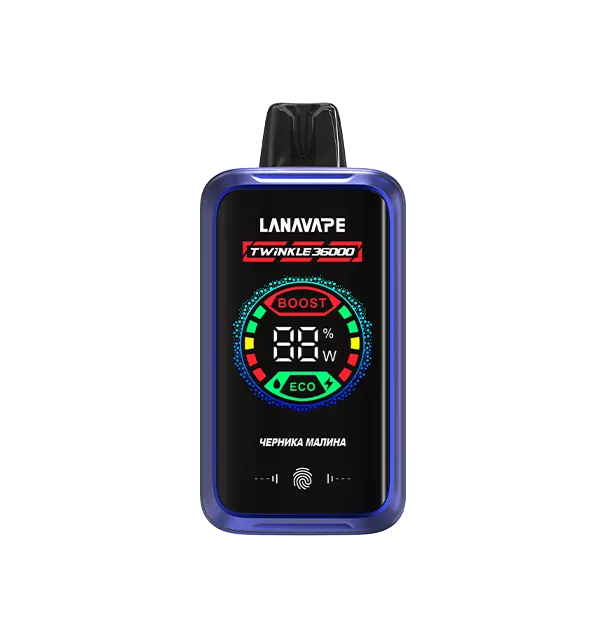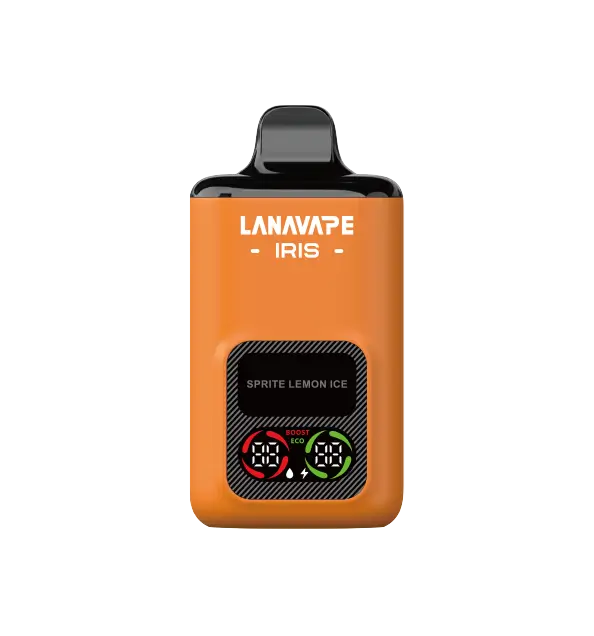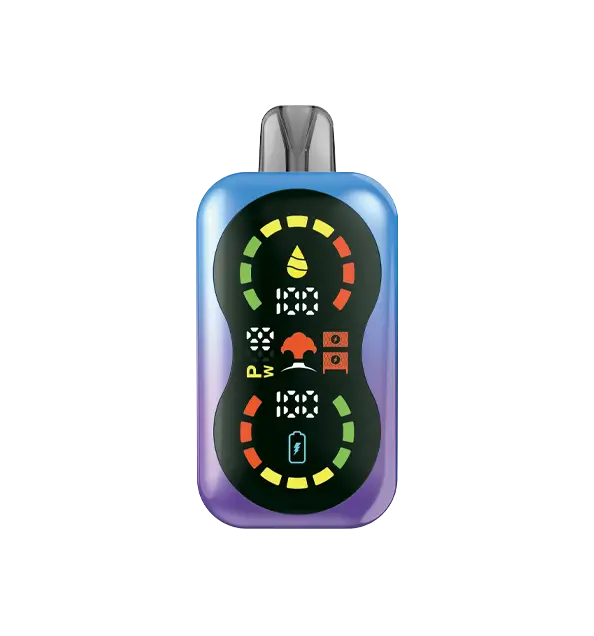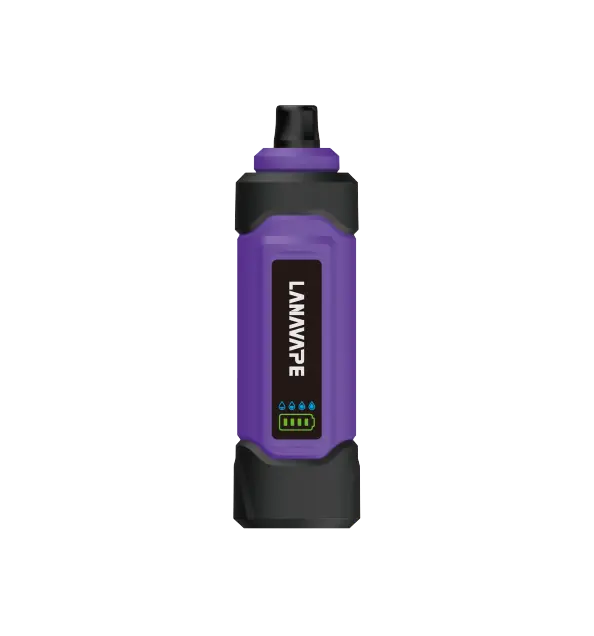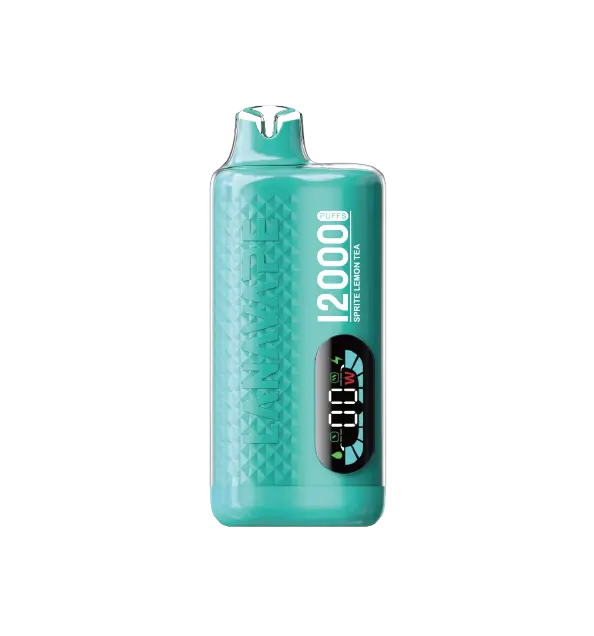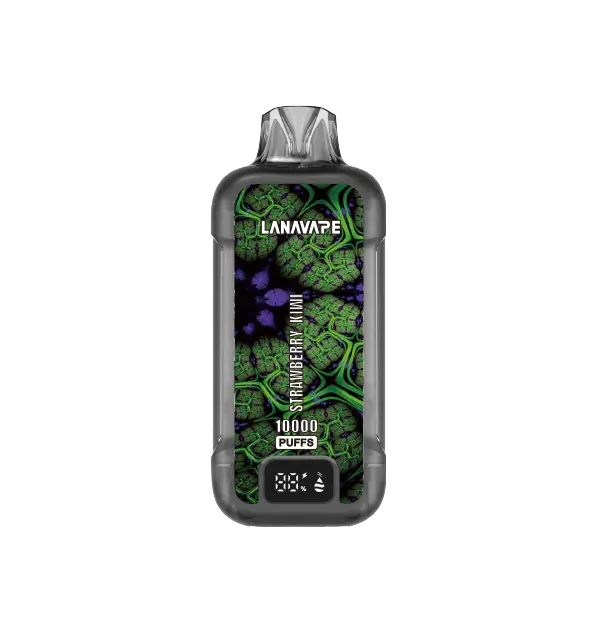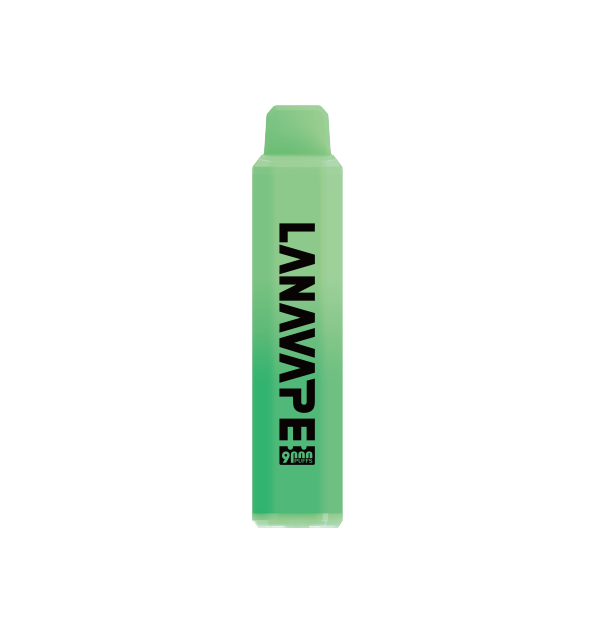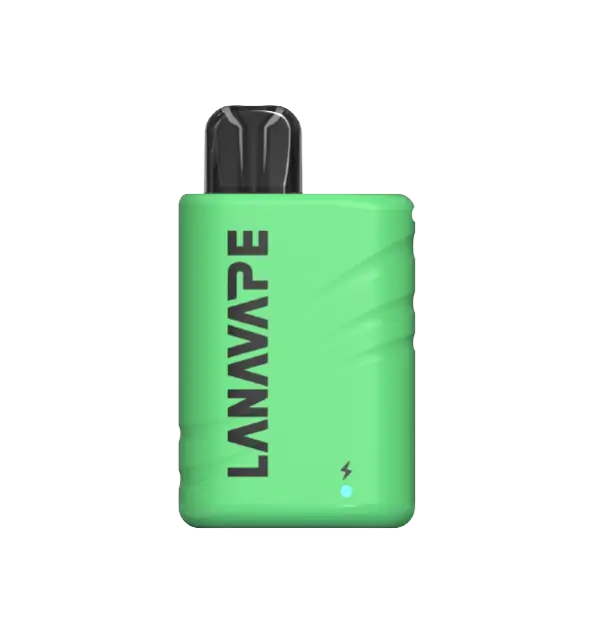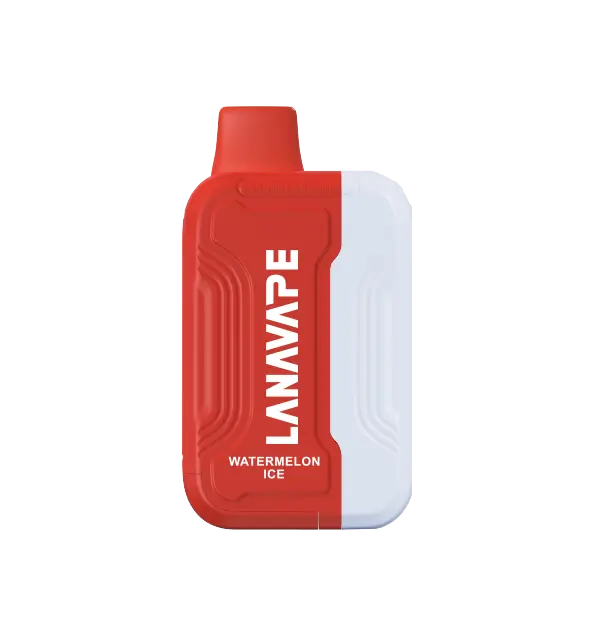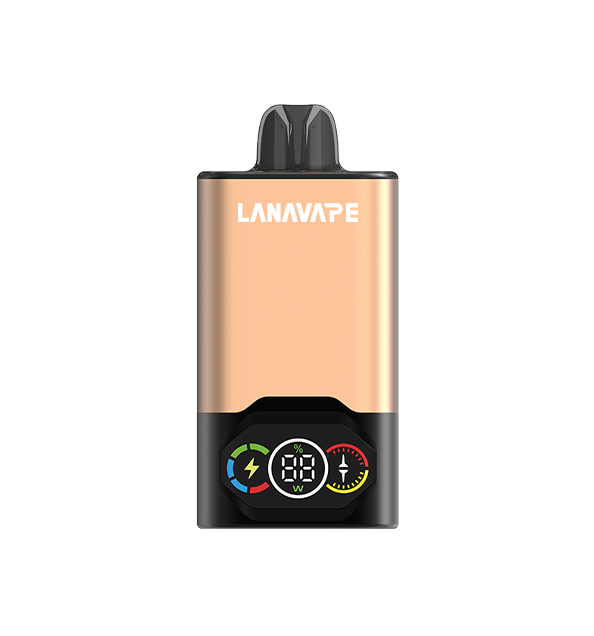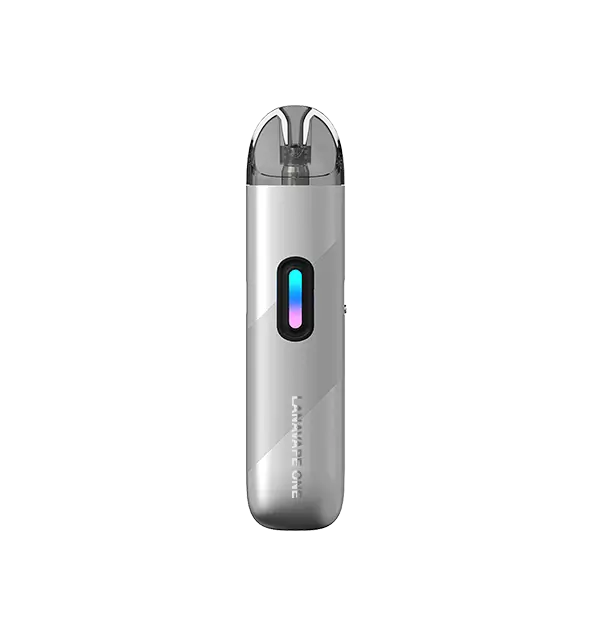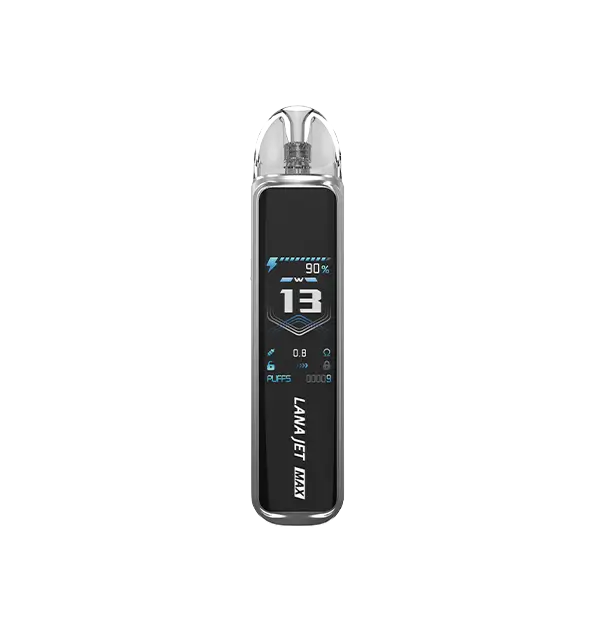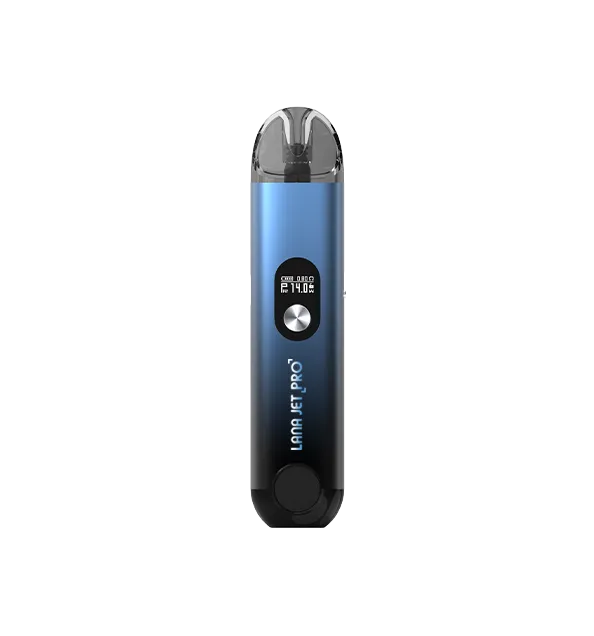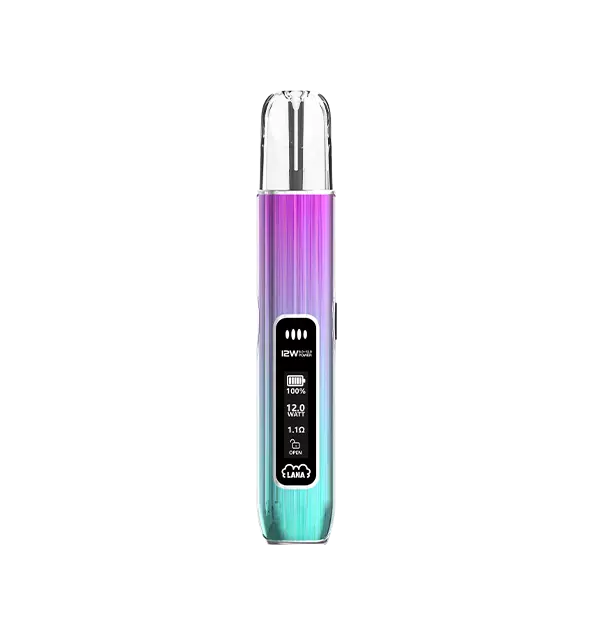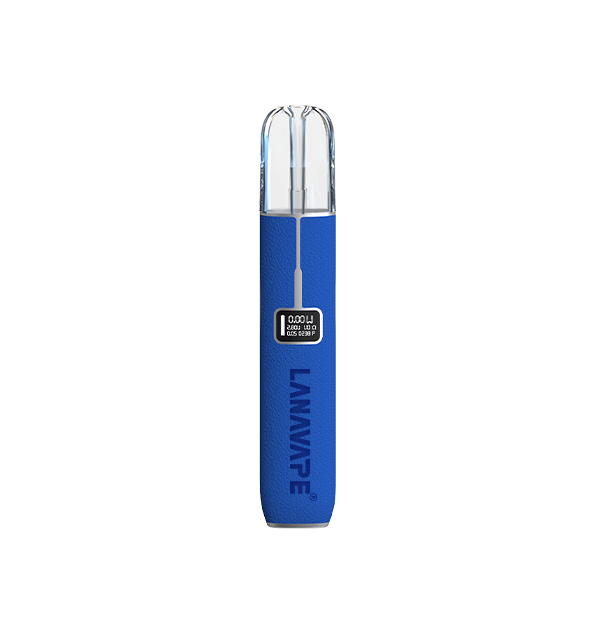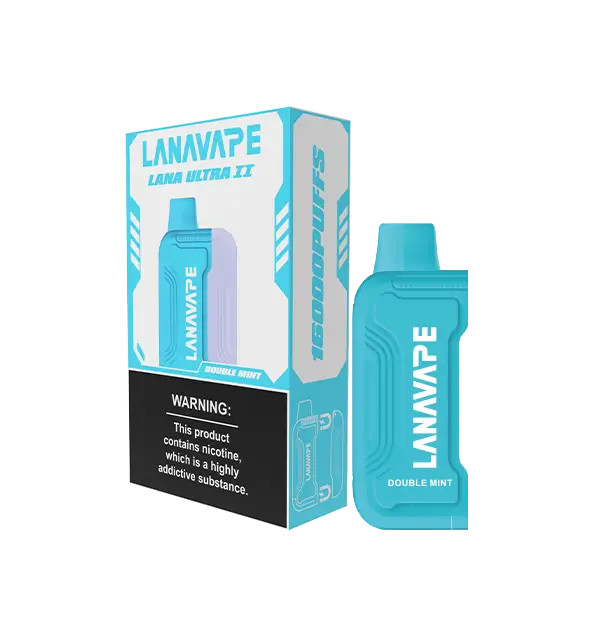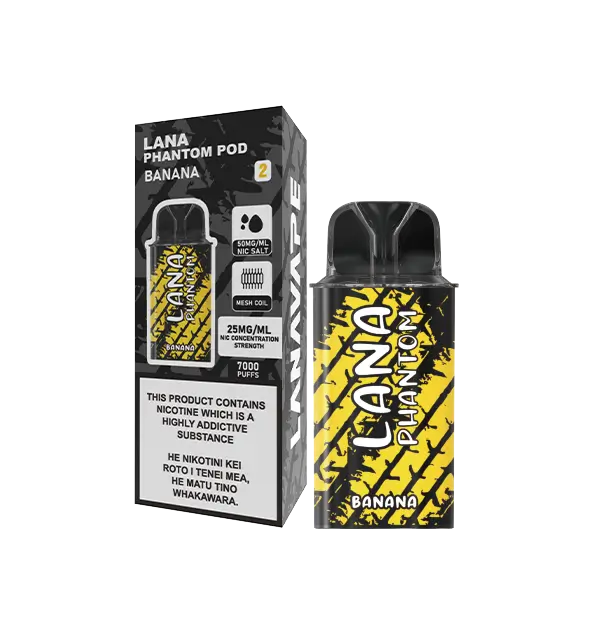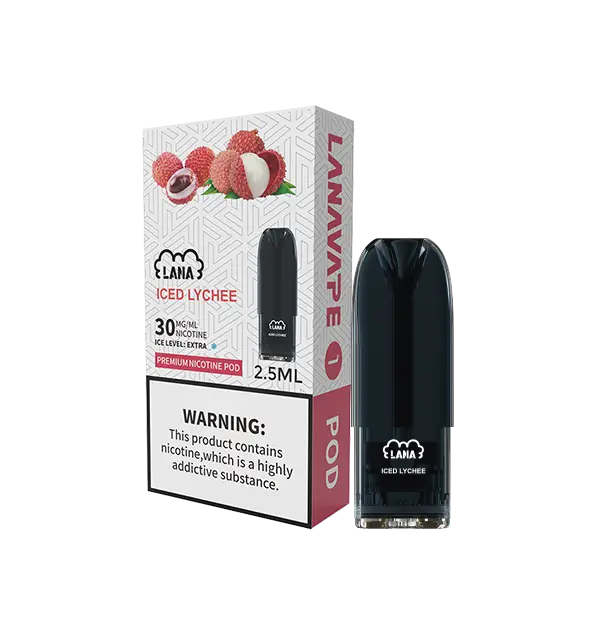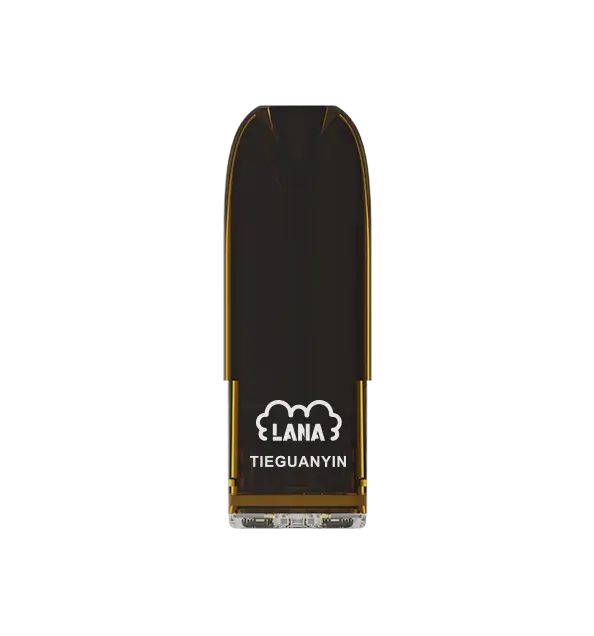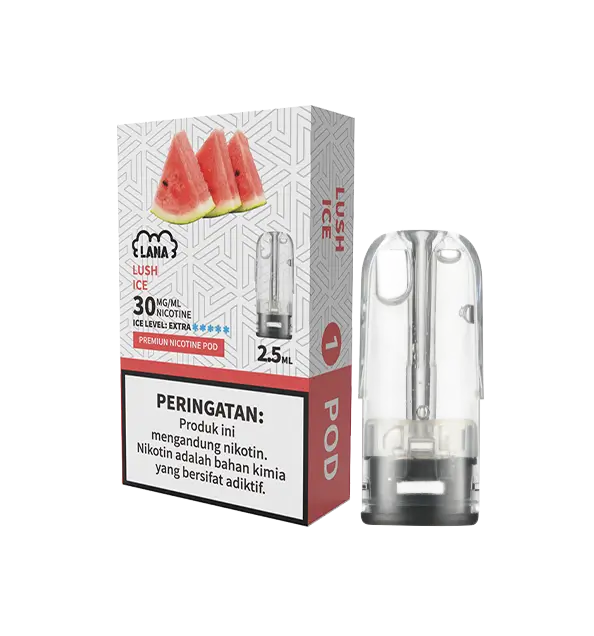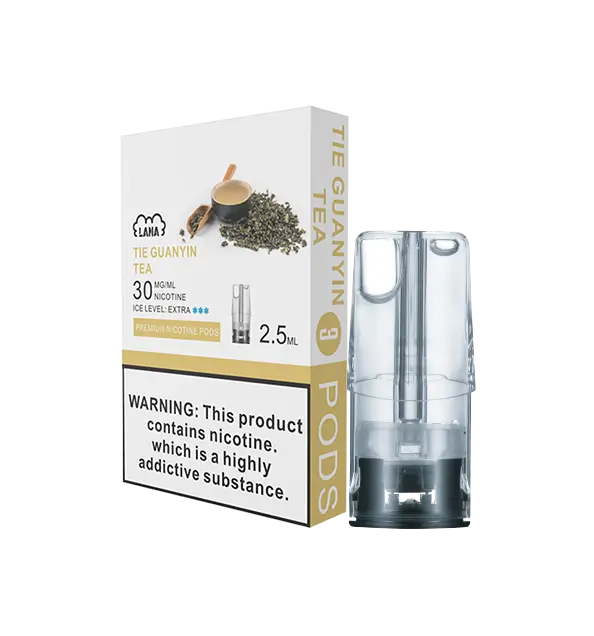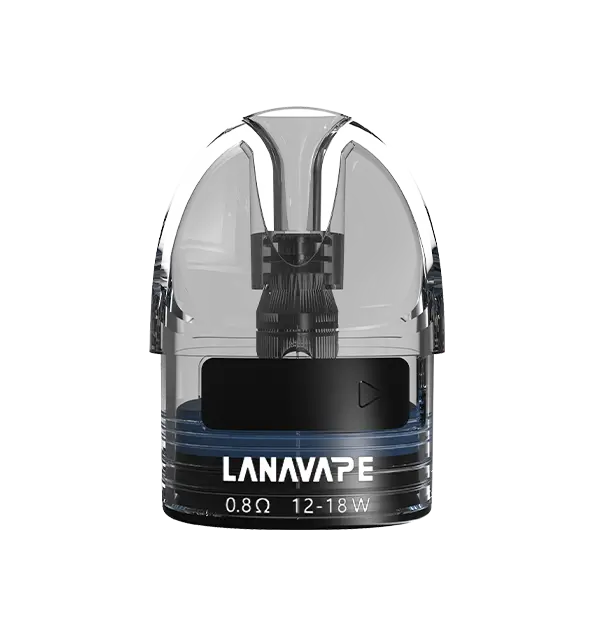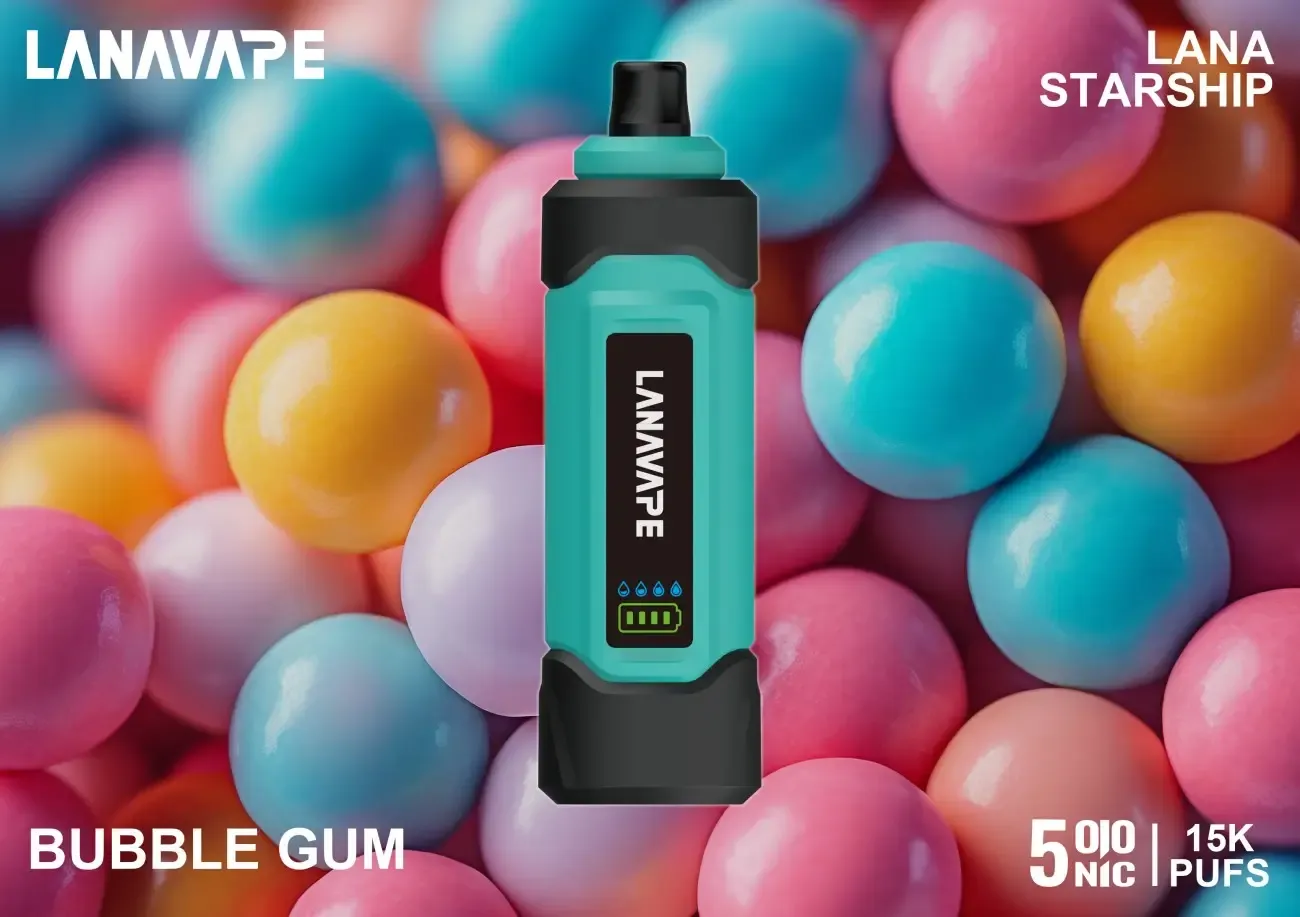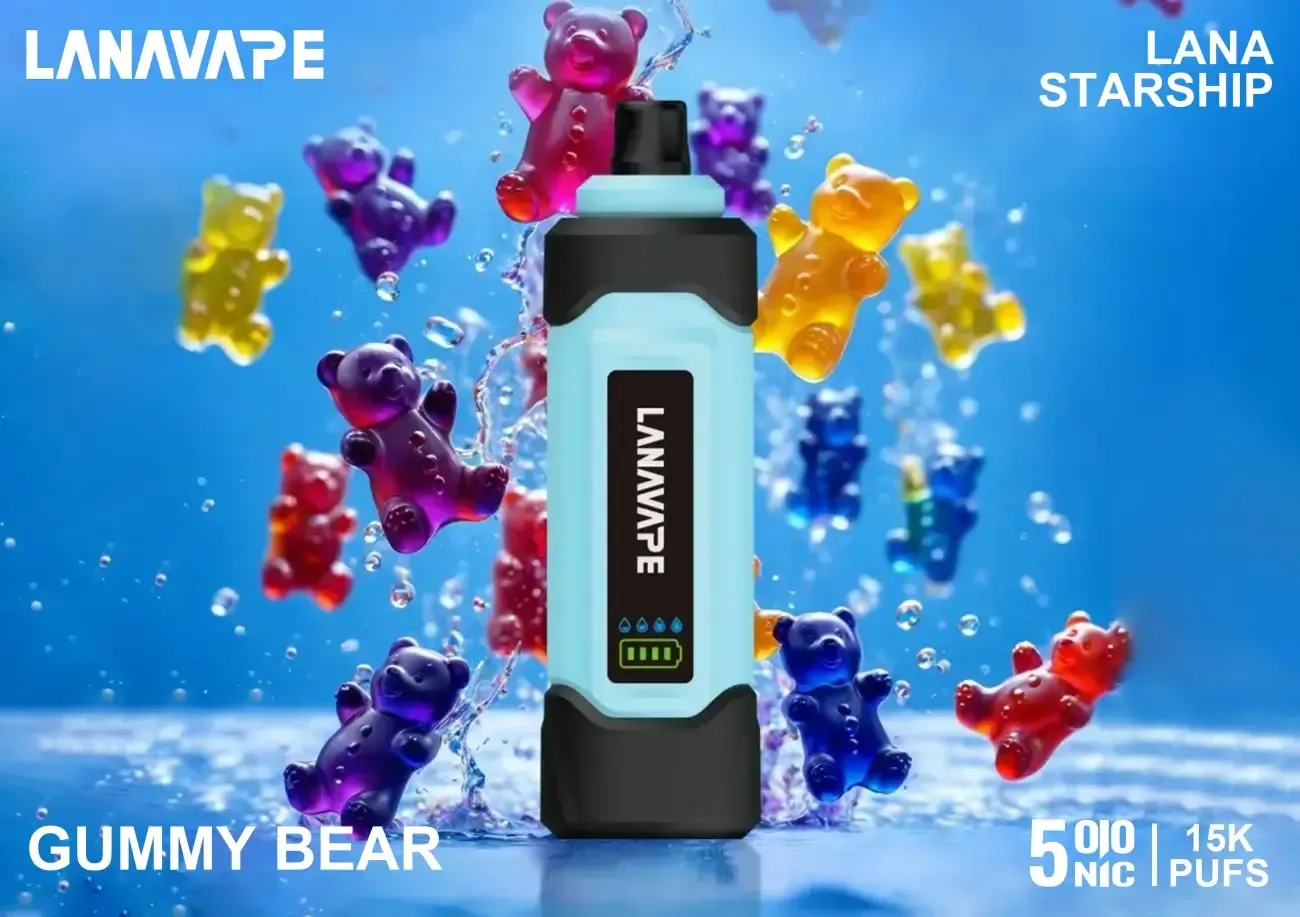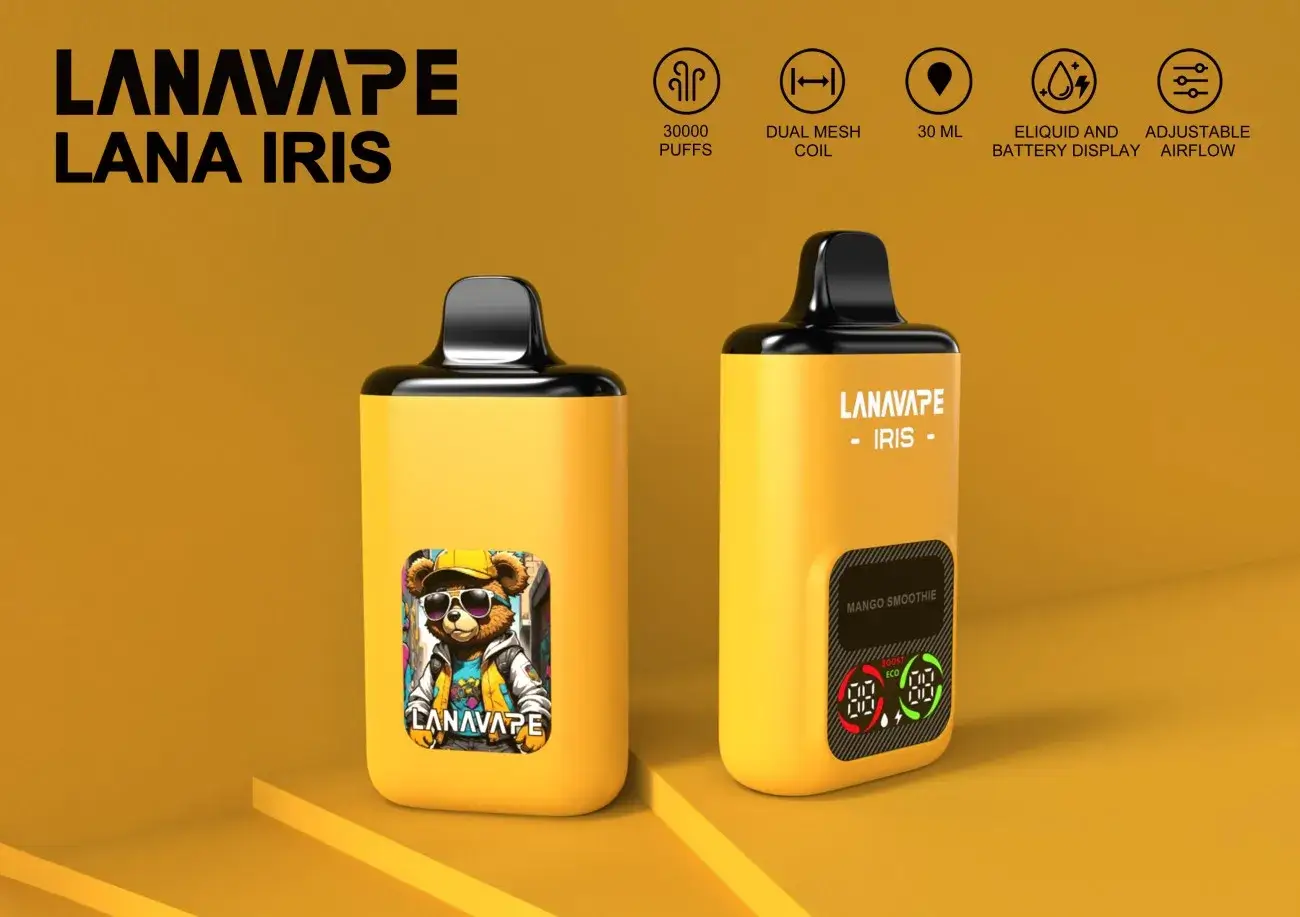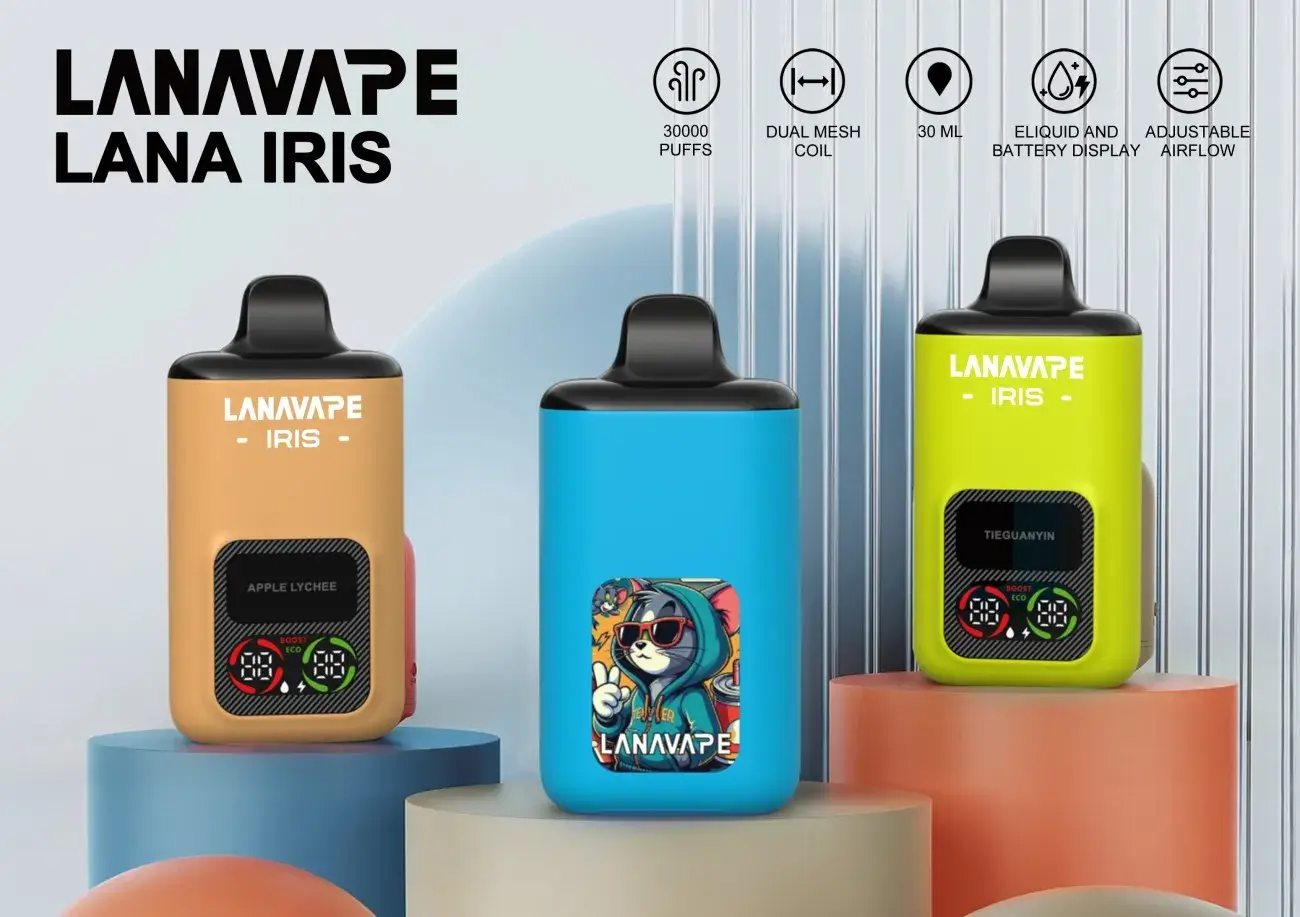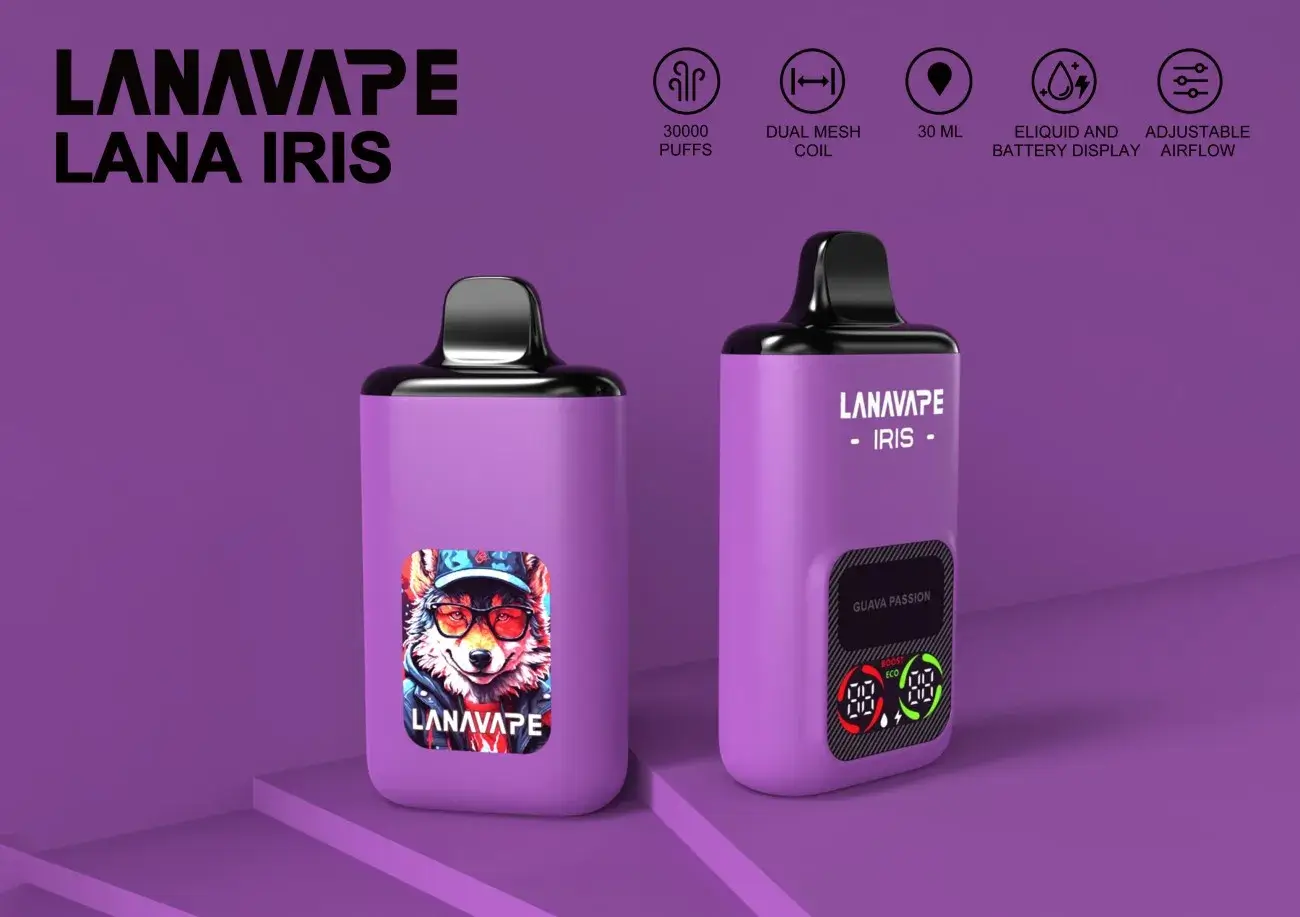
Disposable Vape Ban: is it really protecting children and the environment?
Last month, the UK government announced the impending ban of disposable vapes. The main reason cited being how the majority of buyers are under the age of eighteen;
the government are determined to stop the targeting of children and avoid addiction at early ages. However, will the ban be successful?
Or will it simply lead to children utilising illegal methods to obtain the devices?
Personally, since I was fifteen I have smoked. For years, however, I was not addicted to nicotine and would only smoke on social occasions. I also never wanted to buy a vape;
to do so would have felt like a graduation into real commitment. That was until disposable vapes started to appear in shop windows and the hands of friends. Cheap, temporary,
easy. And suddenly buying a vape felt a natural progression.
Disposable vapes meant you could buy a vape without feeling the guilt purchased through a cigarette. It also meant, in its invariable cliché, social acceptance. And so invariably did it escalate.
I started buying vapes for parties; for the pub; for lectures. Three weeks after I bought my first Elf Bar I was buying them daily. It was irresistible.
Although I no longer buy disposable vapes daily, I remain addicted to nicotine. Even as I write this I am indulging in the suffusion of nicotine gum; and upon returning from the library
I will ask my housemate to borrow her vape. This evening, I will discover a cigarette between my lips.
I am confident countless young people in the UK share this story. Truly, disposable vapes can be seen as endemic in their creation of nicotine addictions.
For some, this addiction will be lifelong. This year it was estimated that 11.6 per cent of 11 to 17-year-olds in the UK have tried vaping — up from 7.7 per cent last year.
The government has now concluded that disposable vapes, with their bold colours and fruity flavours, are marketed towards children. Consequently, they are to be banned.
On the face of it this does not seem controversial. After all, like cigarettes, disposable vapes are harmful. And secondly, disposable vapes are particularly detrimental to the environment.
Research suggests that every second eight disposable vapes are discarded, and the lithium they contain would be enough to manufacture 5000 electric car batteries every year. But of course like all interventional policy, a ban may not solve the problem.
Those who criticise the ban argue it will create an illegal disposable vape market. By pushing disposable vapes onto the black market, the government lose the ability to implement any regulation.
If people are forced to buy vapes illegally, there would be no mechanism to ensure that chemicals in illegal vapes aren’t even more harmful than they are currently. There would also be no way of stopping illegal vape distributors selling to children. A ban is no guarantee of protecting young people’s health, and may indeed just push them into a more dangerous environment.
Supporters of drug decriminalisation argue these very reasons: take the market out of the shadows so it can be properly controlled. However,
although the ‘legalise and regulate’ argument applies to cannabis and Class A drugs, I do not think it applies as effectively to disposable vapes. The ‘ban and irregulate’ outlook is a mistake.
This is because one should not view the ban on disposable vapes as removing the ability to regulate the disposable vape market. Instead, the ban holds the potential be wider-reaching,
and be within itself the first step toward the regulation of the broader nicotine market (reusable vapes, nicotine gum, tobacco etc.).
The legality of many other nicotine products will significantly limit any illegal, disposable vape market. No doubt, some disposable vapes will continue to be sold illegally.
But sales will decline. Most children would not know an illegal vape dealer, and most adults would more likely just buy a reusable vape.
Furthermore, it must be stated that even if wider nicotine regulation is not put into place, it does seem unlikely that an illegal disposable vape market would grow to anywhere near the size of the current, legal market.
Just like cigarette regulation, this ban is a sensible decision. And although It will not be easy for any of us addicts out there (breakups are always hard), it’s time to, responsibly, dispose of our colourful,
carcinogenic coping sticks.

